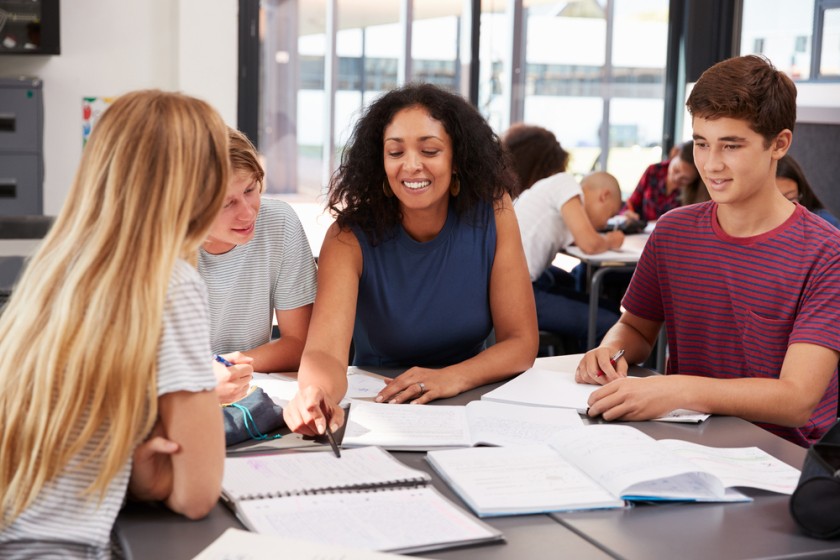High school students pursuing science subjects and STEM disciplines, on top of having smart classrooms will, effective the second term, access virtual reality gadgets, robots, and virtual laboratories, the Ministry of Education has announced.
The announcement was made by education minister Eugene Mutimura, during the launch of Tech-Enabled STEM learning, (TEST), a programme that seeks to facilitate students to acquire Fourth Industrial Revolution-e skills.
The launch took place at FAWE Girls School in Gasabo district, in particular, to support the government’s aim of Girl child stem education.
At the onset, according to the minister, four innovations will be deployed in 150 Secondary Schools, the innovations are; Zorabot Robotics programming, science experiments simulations or virtual labs, Minecraft learning through games, and virtual reality demonstrations.
“The range of initiatives launched today will introduce new ways of teaching and learning including the use of information and communication technologies,” he said; “promotion of STEM in schools is paramount and we are going to start with augmented reality, virtual reality, robotics, and mixed reality.”
Ange-Noella Abayisenga an S6 student pursuing Physics Chemistry and Biology, at FAWE Girls, and also part of the team that presented science experiment simulations said that the initiative comes as a relief for all students.
“This is going to help us, especially us who study sciences, we need laboratories and in most cases, they are not enough, this platform will, therefore, give us access to online laboratories.
Normally, teachers perform the practical lessons and we observe, but once it is made possible for all students to be able to do this by themselves, people will understand more what they are being taught,” she said.
Abayisenga added that; “The platform also gives tests, and a student can evaluate themselves. Hence it is easy to make an individual assessment and adjust accordingly. I am confident that this will contribute to my final grades as a candidate.”
According to Benjamin Karenzi, the CEO of ZoraBots, at least 90 schools will each get a robot, as part of a pilot phase.
Afterwards, he says that the company will rule out budget lines for other schools to attain the product.
“We are planning to pilot it in 90 schools, after the pilot phase, we will discuss with the schools and the ministry to see how we can roll it to the other schools,” he said.
Asked about the innovation behind robotics teaching in schools, Karenzi said the initiative seeks to give students output based on their input.
This, he believes, will give them the actual reality of their proficiency as learners.
“The good thing with technology is that it gives you output basing on your input. The movements that you saw, there is algebra, there are angles, friction, distance, magnetism, forces, gravity, programming,”
He said that each school will have a robot but which will be accessed by all students, and every student will be given a portal that will enable them to design their own portal so that in the end, each will have their own virtual robot.
Anthony Nyutu, Modern Workplace Lead, Microsoft Africa, teachers are supposed to be at the forefront in ensuring that this project is effectively implemented.
“One thing I know about Rwanda is that the political vision of the country embraces technology. So the call goes to teachers and instructors. With all these initiatives that are being deployed in an important sector, they should challenge themselves to prepare students for the future and the jobs that do not exist yet.”
Boost for new curriculum
Meanwhile, the minister also highlighted that the launch Tech-Enabled Stem Teaching Programme will facilitate the easy understanding of the current Competency-Based Curriculum.
According to Maurice Twahirwa, headteacher at APADET Primary School, in order to succeed in this new era, a technologically-enabled education sector is required, and this is why it is important for students to embrace it.
For instance, he pointed out, the use of gadgets look like specks, for virtual reality which Microsoft is introducing,
“As opposed to the usual setting, a student will not have to look for a dissected animal in order to understand the science in the body, but rather using that gadget, dissect through that body, and even enter deeply, all this will be witnessed by him” Twahirwa reiterated.
ALL AFRICA

